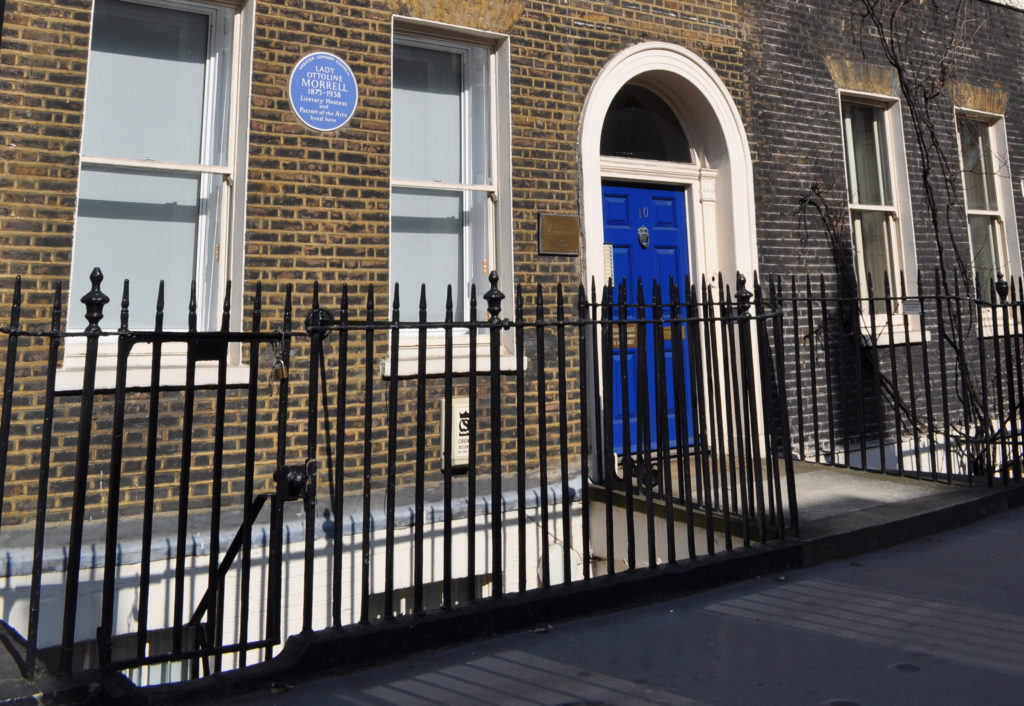Rebecca Wills, an aspiring barrister, decided to study Law at Birkbeck with a foundation year to get the best possible preparation for the LLB. Having her lectures and seminars in the evening has meant she’s been able to get a head start on her career by volunteering at a magistrates’ court during the day.

The law is the foundation in everything that we do and it is immersed into many disciplines. This is what attracted me to study law.Also, as an aspiring barrister, I want to make a difference inside and outside the courtroom.
I believe if I didn’t study law, I would remain ignorant to a lot of issues that are going on in the world when it comes to human rights abuses, alongside the historical significance behind the creation of the law itself and other moral issues. Once you know and understand the law it can protect and provide you with many advantages. When I graduate, I hope to have a successful career in law as a barrister or solicitor’s advocate.
“Studying in the evening suits my independent learning style.”
I was inspired to study at Birkbeck after my telephone interview with Professor Bill Bowring. I decided to enrol because it is a university based on critical theory and analysis, which I believe I excel in. Because lectures and seminars take place in the evening, I am able to volunteer at a magistrate’s court during the daytime. I also find evening study suits my independent learning style. I love to study during the daytime and feel I am more productive when it comes to self-learning during these hours. I read once that the human brain can absorb most information during the first three hours after waking up and the last three hours before we go to our bed which fits in with how I study and learn.
I wanted to ensure that studying and taking on a career in law was the right decision for me. After having a conversation with my sixth form head of year, the foundation year option seemed like the best course of action to take to ensure I obtained the right skills and best preparation for the LLB. I knew that studying law required a lot of reading; however I didn’t know much else about it. I thought taking the foundation year would best equip and prepare me for advancing onto the LLB.
Prior to embarking on the foundation year course, I prepared myself by attending Birkbeck workshops on note-taking, critical thinking, critical writing, critical reading, critical listening etc.

The School of Law, Birkbeck
“The foundation year was challenging, but it made me more open minded in the way that I evaluate situations. It provided a useful transition between A-level and degree-level study.”
The foundation year was challenging and required a lot of hard work. Nonetheless, it was useful and insightful. The literature was not always easy to read, particularly when reading lengthy cases with complex vocabulary. Of course, in order to understand all the readings, it was essential to define all terms and read actively and critically. As a result, time-management became a really important skill that I honed in on.
The year provided a useful transition between A levels and degree-level study, because the course itself moulded and enabled me to adapt to different teaching styles. The course challenged my moral compass on multiple issues when it came to life and death situations, where the defendant was seen to be in the wrong. It made me more open minded in the way that I evaluate situations. It prepared me for the workload that I would undertake for the first year of the LLB as I gained insight into the level of work required at university level. It increased my awareness of the importance of independent study.
To other students thinking about taking the law foundation year, I would say:
- Utilise this time as practice for the LLB.
- Take the course seriously – don’t underestimate it as being easy because it’s a foundation course.
- Make use of the feedback given from lecturers after doing assessments.
- Always ensure that you email the lecturers and keep in communication with them.
- Take action after reading the feedback.
- Never be afraid to ask questions if you don’t understand something or you want to confirm your Answer to a question is correct or accurate – no question is stupid.
“You need to proactively engage with the law, by going beyond the reading list.”
Do not rely on the lectures too much, you must become an independent learner and get used to the idea of trying to become the teacher of the subject yourself. The lecturers provide students with an outline during lectures and guidance on how to navigate legal resources and materials. However, they are not there to do your work for you. It is vital that you immerse yourself within the subject. This means attending every lecture and seminar even if you think it’s of no significance to you. This also involves proactively engaging with the law, by going beyond the reading list and further reading list, as well as answering all homework and seminar questions in detail.
Try to find your own way of working. Time-manage yourself, and work hard at being the best version of yourself as everyone learns at a different pace. You must believe that you can do it, and you must always aim for the highest possible grade.
